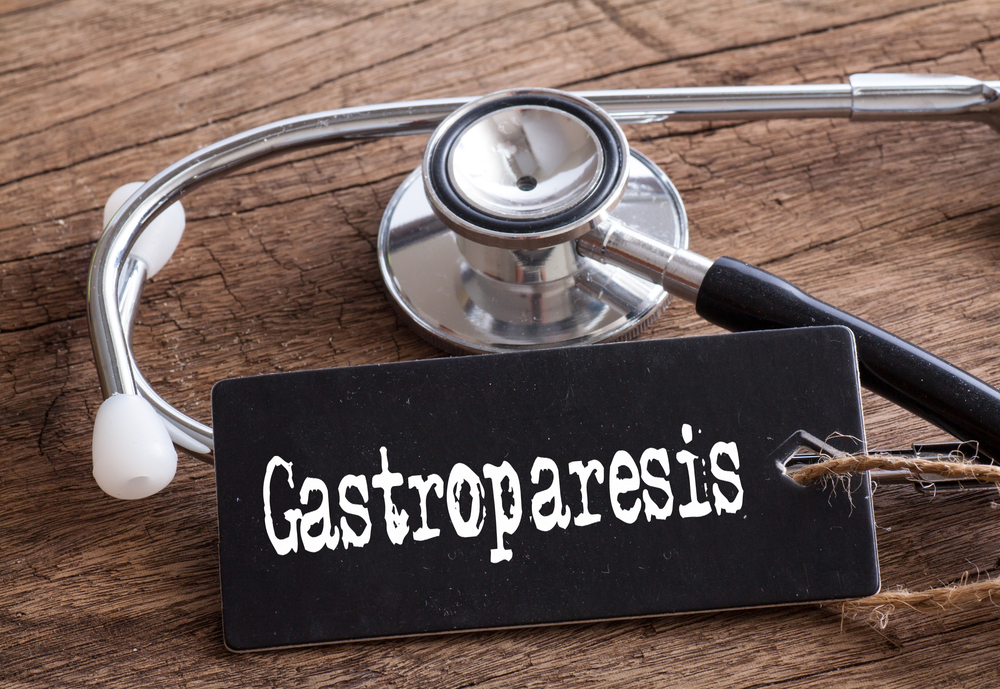A Pennsylvania woman has taken legal action against the manufacturers of Ozempic and Trulicity, alleging that she suffered severe and painful injuries, including bowel obstruction and severe nausea, as a result of gastroparesis side effects linked to these diabetes drugs. Danielle Kindrew filed a product liability lawsuit against Novo Nordisk and Eli Lilly, the makers of Ozempic and Trulicity, respectively, on February 22, 2024, in the U.S. District Court for the Eastern District of Pennsylvania, claiming that the drug manufacturers failed to adequately warn the medical community about the full risks associated with these medications.
Link Between Ozempic, Trulicity, and Gastroparesis
Ozempic and Trulicity belong to a class of drugs known as glucagon-like peptide-1 receptor agonists (GLP-1RAs). These medications, including other drugs like Mounjaro, Zepbound, Victoza, and Byetta, are commonly prescribed for the treatment of type 2 diabetes and have also gained popularity for their off-label use as weight-loss aids. However, recent research and patient reports have raised concerns about the potential link between these medications and the development of severe gastrointestinal issues, including gastroparesis.
Gastroparesis, also known as stomach paralysis, is a condition characterized by the slowing or complete cessation of food movement from the stomach to the small intestine. This disruption in stomach emptying can lead to symptoms such as persistent nausea, vomiting, bowel obstruction, and stomach pain. While neither Ozempic nor Trulicity currently lists gastroparesis as a potential side effect, numerous lawsuits and emerging evidence suggest a connection between these drugs and the development of this debilitating condition.
Ozempic Lawsuit Allegations and Failure to Warn
In her lawsuit, Kindrew asserts that Novo Nordisk and Eli Lilly failed in their duty to warn healthcare professionals and patients about the increased risk of gastroparesis and other severe gastrointestinal issues associated with the use of Ozempic and Trulicity. The complaint highlights the manufacturers’ alleged knowledge of the link between GLP-1RAs and these side effects, emphasizing the need for adequate warnings to prevent patient harm.
According to the lawsuit, the manufacturers were aware that the risk of gastroparesis, intestinal obstruction, and related complications is common among the entire class of GLP-1RAs. The medical literature reportedly contains evidence dating back to 2010, indicating that GLP-1 drugs, including Ozempic and Trulicity, can slow gastric emptying and affect intestinal motility. However, the complaint alleges that Novo Nordisk and its subsidiaries failed to include this crucial information in their drug labels, leaving patients uninformed about the potential risks.
Scientific Evidence and Research Studies
Multiple reputable research studies and sources support the link between Ozempic and the increased risk of gastroparesis and stomach paralysis. A study published in October 2023 in JAMA compared the gastrointestinal side effects of Ozempic and other injectable GLP-1 agonists, such as liraglutide (Victoza and Saxenda), with those experienced by users of bupropion-naltrexone, a weight loss agent unrelated to GLP-1 agonists. The findings indicated that Ozempic users had triple the risk of developing stomach paralysis compared to users of non-injectable weight loss drugs.
Furthermore, the American Society of Anesthesiologists (ASA) issued a warning in June 2023, advising patients to discontinue GLP-1 drugs at least one week before elective surgeries due to an increased risk of vomiting during the operation. The ASA received reports suggesting that these drugs could delay stomach emptying, potentially leading to regurgitation and aspiration of food into the airways and lungs during anesthesia and deep sedation.
Legal Implications and Future Litigation
Danielle Kindrew’s complaint against Novo Nordisk and Eli Lilly joins a growing number of product liability lawsuits related to the alleged gastrointestinal side effects of GLP-1 drugs. As more individuals come forward with gastroparesis and related complications allegedly caused by Ozempic and similar medications, it is anticipated that additional lawsuits will be filed.
Ozempic Lawsuit Information
ASA: Hold GLP-1 Agonists Before Elective Surgery, MedpageToday




